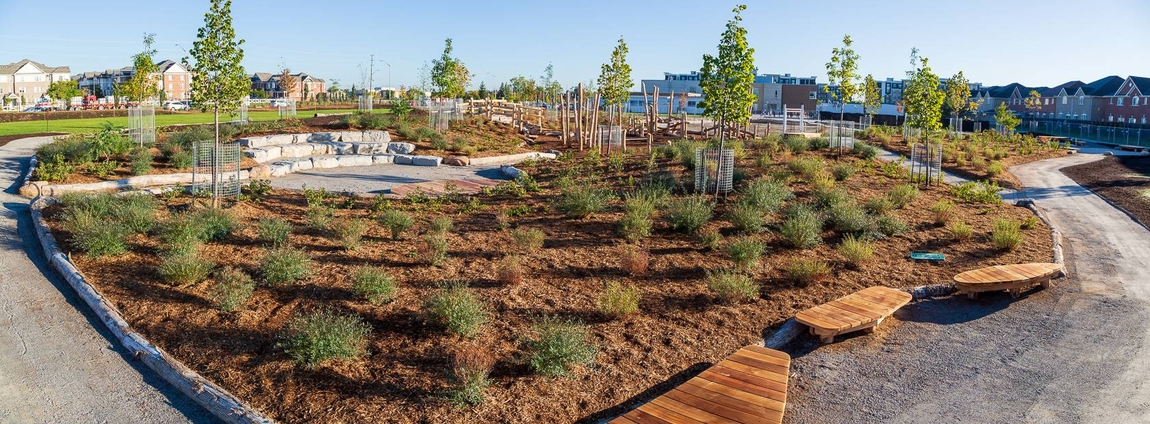
Climate Ready Schools Resources
Learn more about Climate Ready Schools or begin a Climate Ready Schools journey in your own community or school board.
6 resources
The best information to help you turn bold ideas into innovative solutions. Search the library or browse all topics below.
